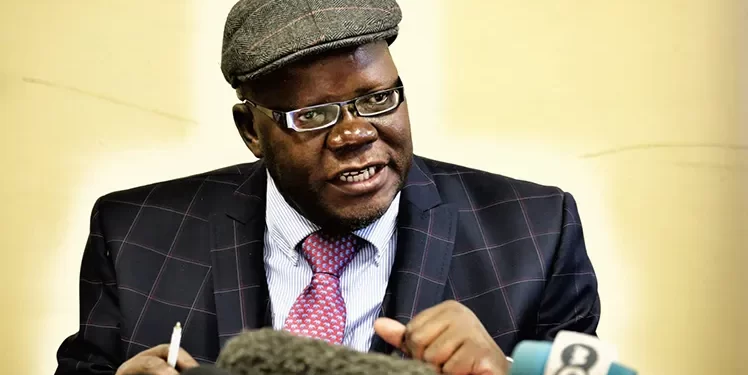The recently-concluded BRICS Summit in Johannesburg, which attracted global attention, saw the inclusion of six oil-producing nations that control 42% of the global oil supply. These are Argentina, Egypt, Ethiopia, Iran, Saudi Arabia and the United Arab Emirates as new members.
The eleven member states have harnessed the collective strength towards a mission to slowly become a powerful force, influencing global economic and trade relations while weakening the west.
Before the inclusion of the latest six countries, BRICS would account for 25 percent of the global GDP.
Zimbabwe, an ally of Russia, has since applied to join BRICS among many other nations across the world.
‘Zimbabwe needs its own currency and a real market for…
BRICS is seeking to change the world order by de-dollarising through advancing member states’ respective local currencies for global trade. This is meant to weaken the United States (US) and European Union (EU)’s dominance.
Zimbabwe is currently using the US dollar which is complemented by the fragile and volatile Zim dollar.
Biti, a former treasury boss during the government of national unity, has claimed that President Emmerson Mnangagwa’s regime is planning to de-dollarise the economy.
“The regime is intent on de-dollarization. This move will be an absolute disaster and will cost workers and pensioners. Conditions for de-dollarisation don’t exist. Move is a zany attempt to follow the global de- dollarization agenda being pursued by BRICS and other new world order advocates,” he said.
According to the Watcher.Guru, Reinhard Butikofer, the European Union minister from Germany said BRICS was positioning on critical matters of global importance.
“The BRICS summit has established historic facts. This will significantly increase the international importance of BRICS, even if there are appreciable differences between its members,” he said.
“The character of BRICS will change with this round of enlargement. China’s dominance will increase, and the BRICS will become a clearly authoritarian group.”
Over the years, the Zimbabwean currency was weakened by the severity of the hyperinflation, institutional corruption and a lack of confidence in the government and currency printing to finance the military and the ruling party.
Source Nehandaradio












